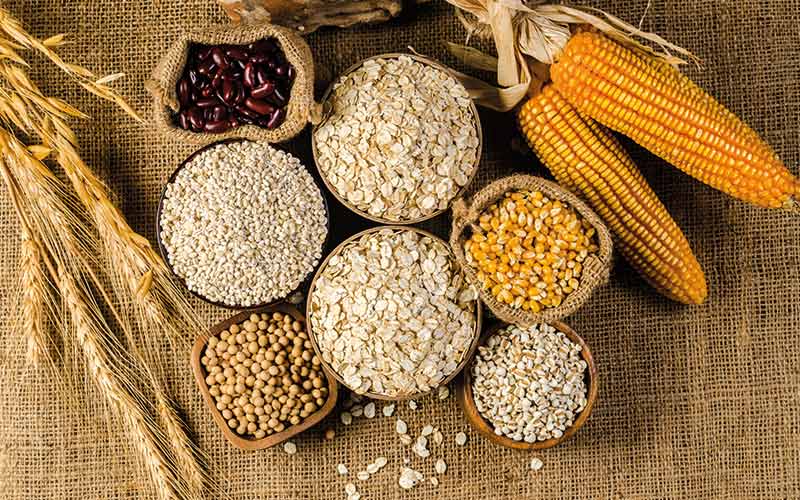There are many different ways to lose weight. In fact, if the logic is understood, it is possible to lose weight and stay fit with almost any kind of nutrition program.
The most important condition when implementing all these is to be determined. Eating enough, not too little or too much, and being as active as possible during the day is more than enough for healthy weight loss.
Most diet programs are quite strict. For this reason, their sustainability is low, and quitting these programs after a short period of time can lead to weight gain even above the starting weight.
In a nutrition program where breakfast, lunch and dinner are consumed in a balanced way and snacks are chosen to be low in calories and stabilize blood sugar, your occasional escapes will not cause you to gain weight.
As long as there is a measure and it is not ‘all or nothing’. So how to lose weight without starving?

Step 1: It All Starts with Breakfast!
Breakfast is one of the most important meals of the day. A healthy and nutritious breakfast when you wake up in the morning, and early in the morning if possible, will significantly reduce the amount of calories your body needs during the day.
At the same time, having a habit of eating breakfast regularly makes you much more energized during the day, which can help you burn more calories. In this context, if you want to create a certain nutrition program for yourself in your weight loss process and not to starve in this process, first of all, take care not to skip breakfast.
But skipping breakfast is not the only solution to weight loss. The type of food consumed at breakfast is also important. A protein-rich breakfast meal provides fuel for your metabolism.
Protein at breakfast keeps you full and helps to boost metabolism after a while. In this way, fat can be burned faster.

Step 2: Fat is not the Enemy!
Fat, which is strictly prohibited in most diet lists, has been the biggest nightmare of athletes and those who want to lose weight for many years.
But fats are one of the most important macronutrients for the body. As such, it is very important to choose the best oil.
When choosing oil, you need to: determine what you will use the oil for (cooking or raw), choose the type of oil you will consume, and determine from which raw material the oil will be consumed.
You should also choose oils that are high in saturated fats for cooking and high in unsaturated fats for raw consumption.
It would be the healthiest choice not to use seed oils for cooking and raw consumption, not only during the diet period but also in any aspect of your life, especially because they are highly processed and contain trans fats.
Seed oils that should not be consumed: sunflower oil, corn oil, cottonseed oil, canola oil and soybean oil. These oils also contain large amounts of linolenic acid, which has been linked to cancer. As a result, the definition of the healthiest fat varies according to purpose and use, but always includes natural and minimally processed fats.

Step 3: Eat Healthy Carbs!
Cutting out carbohydrates literally all at once can lead to imbalances in blood sugar. Carbohydrates are the first choice the brain prefers to use for energy. The body also needs a certain amount of carbohydrates. For this reason, healthy carbohydrates should be consumed in small amounts at meals.
Fibers are a type of carbohydrate. However, it differs from carbohydrates in that it cannot be digested and therefore cannot be used as energy. This helps the fibers fill the intestines and regulate bowel movements.
Foods containing fiber, which are critical for intestinal and stomach health, are among the most important substances that will help you lose weight without starving because they have a long-lasting satiety effect.
Fibers absorb many toxins and unwanted nutrients such as cholesterol, preventing them from being digested and helping to promote healthier intestines. It creates a feeling of satiety, makes you feel less hungry and feeds the beneficial bacteria in your intestines.
Therefore, fiber consumption is definitely an important issue for those who want to lose weight without starving. Consuming 28 to 35 grams of fiber per day is sufficient for a person with average body values. The foods that contain the most fiber and high quality fiber are apples, green beans, oats and corn bran.

In addition, prolonged fasting lowers blood sugar. This leads to overconsumption of portions at meals following long fasts. For this reason, avoiding being hungry for a long time during the day and not skipping snacks will not only prevent you from being hungry but also prevent you from consuming more calories than necessary.
.
